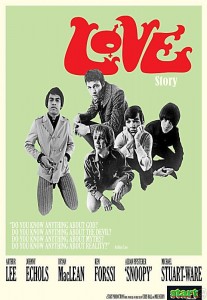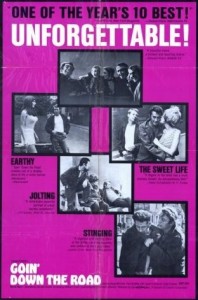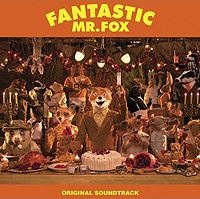
To: Wes Anderson
Re: Pointless pop records in your movies
After watching The Fantastic Mr. Fox, I’m requesting that you please drop the classic pop record shtick you’ve used for every single one of your movies for the following reasons:
1) The records mostly don’t work. All those records you shoved into Rushmore, and even The Royal Tenenbaums were fun in a head scratching sort of way, but having just seen The Fantastic Mr. Fox, I’m getting the distinct impression that you’re now subscribing to Quentin Tarantino’s hobbyhorse method of tossing favorite records into a film willy nilly just to be cool.
2) More often than not, the records hurt the movie. “Heroes and Villains,” “Street Fighting Man,” “Old Man River,” and, especially, “Let Her Dance,” add nothing to the singular visual experience you’ve offered viewers with The Fantastic Mr. Fox. In fact, they jerk viewers out of the wonderland you’ve coaxed them into by introducing clashing contexts, like you did with the Clash in The Royal Tenenbaums and the distracting David Bowie material in The Life Aquatic with Steve Zissou. Your insistence on overplaying Peter Sarstedt’s “Where Do You Go To (My Lovely)” in The Darjeeling Limited added unnecessary pounds of dead weight to an already sluggish situation.
3) More often than not, the movie hurts the records. I’m of the opinion that the visual images movie makers ask viewers to associate with certain songs is no trifling matter, and a song’s appearance in a movie can do irreparable damage to a song. I understand the argument that pop songs are essentially commercial entities that are, in a way, consigned to an existence of eternal molestation merely for being what they are. But damage is still damage.
Illustration A: Sarstedt’s song, a UK no. 1 hit in its day, has already been around the block. But the distinct image that unfortunate viewers of Darjeeling are now forced to associate with it – Jason Schwartzman moping around with his iPod and a bored, anorexic Natalie Portman – has undoubtedly murdered a certain element of that song’s je ne sais quoi.
Illustration B: When the Bobby Fuller Four’s “Let Her Dance” crashes in for the closing credits of Mr. Fox, viewers are asked to associate the emotionally complex classic with animals dancing in a supermarket. I felt my heart sink when I heard it play, realizing that a song that made me lose my breath the first time I experienced it would now be remembered by my own kids as an incidental soundtrack item in an animal movie. The song hurt the scene and the scene hurt the song.
4) Movie directors have a unique opportunity to introduce new music to audiences. Here’s one thing about your latest movie that makes me think you have it in you to change your ways. The very best musical moment in this film was the song you had the animated Jarvis Cocker do. That was so magical that I wondered through the entire film why you didn’t just get Cocker to do the entire soundtrack. It meshed with the rest of the film in a way that none of those records did.
This is my basic counter argument for those who say “the music biz survives on movie and commercial tie-ins nowadays and you might as well get over it”: Movie directors, advertisers, and TV people would be doing the music biz a lot more good if they commissioned more original music. It would also make them look more inventive and less like those lazy minded types who devised the CSI intros featuring recordings of the Who as opposed to commissioning original theme music. (Spike Jonze, to his credit, used freshly composed music for his Where the Wild Things Are; to his discredit, the soundtrack and movie both turned out utterly cheerless. But still.)
Thanks for reading. Here’s to future days, future movies, and future original soundtracks.

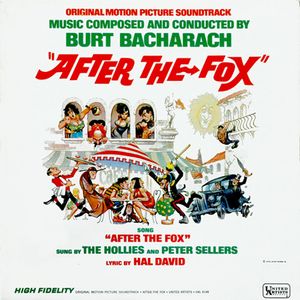
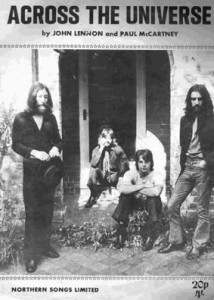
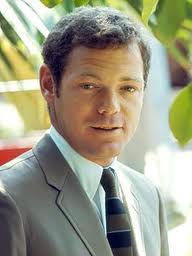
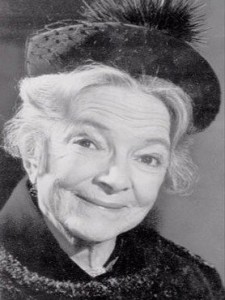
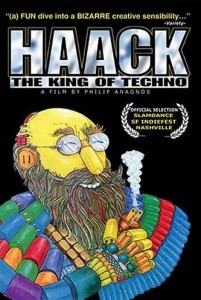
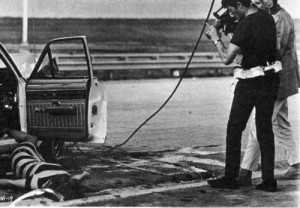
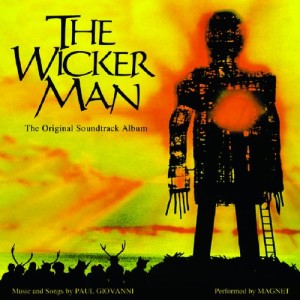

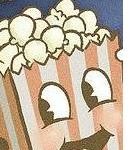 I keep a list of all the movies I’ve seen and I realize that one of the main reasons I do this may be to translate such a blatantly recreational activity into something that appears constructive. But when I look at my list I’m always surprised over how many movies I’ve seen but don’t remember anything about save for a few stray words, songs, and images.
I keep a list of all the movies I’ve seen and I realize that one of the main reasons I do this may be to translate such a blatantly recreational activity into something that appears constructive. But when I look at my list I’m always surprised over how many movies I’ve seen but don’t remember anything about save for a few stray words, songs, and images.